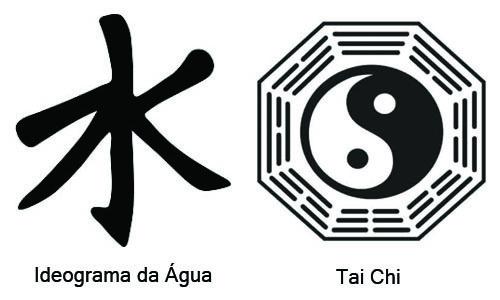Confucianism is a Chinese ethical, philosophical and religious system, founded by Confucius. It was the official doctrine of China for over two thousand years, until the beginning of the 20th century.
There are no churches or organizations in the form of clerics, so Confucianism does not fit into the religious currents as they are commonly known in the West. There is also no worship of deities and there is no notion of life after death.
The basic principle of Confucianism is known as junk, the teaching of the sages.
Confucianism, like Taoism, believes in So, on the superior path that all individuals seek in their lives, in balance between worldly and spiritual life, between man and nature.
Confucius is not a prophet, God, or priest of Confucianism. The figure of the thinker is like a spiritual guide, a philosopher who guides the lives of his followers along the path of harmony.
One of the ways to play this role as a guide is through his teachings, often disseminated among the Confucians and Philosophy sympathizers through the phrases that would have been uttered by Confucius. They are motivational and elucidating axioms or phrases that guide the individual's choices.
Confucianism does not have a single sacred book, but several textual works that guide the followers of the doctrine. Among them are the Anacletos, or in Chinese Lun Yu, which brings together the teachings of Confucius, the Mengzi, a book written by Mencius, the second sage of Confucianism, and the Wu Ching, or the five classics.
Each of the Wu Ching works speaks to an aspect of life according to Confucianism. The Shu Ching is about politics, the Shih Ching is about poetry, the Li Ching the book of rites with a social sense of the Chinese groups, the Chun-Chiu with a historical view, called the annals of Springs and Autumns.
The I Ching is the best known in the West and is called the Book of Changes, or even known for being the Chinese oracle. It is in this text that the idea of Yin and Yang as the complementary forces that govern the universe appears.
According to the teachings of Confucius, individuals are made up of four dimensions, the self, the community, nature and the sky. And five essential virtues must make up the human being: love others, be fair, behave properly, be aware of the will of heaven, cultivate wisdom and disinterested sincerity.
Confucianism understands that man has all the tools to improve his life, through his virtues, and does not point out the need for a God or a superior being to achieve inner peace.
It serves as an ethical foundation for the West, still widely used in corporate environments in Japan and the Asian Tigers, for example, to guide negotiations and the spirit of the work. He believes in knowledge and education as a way to improve society, as it builds a solid character.
Rituals of Confucianism
As a religion, Confucianism inherits traditional Chinese cults developing a kind of Eastern religious syncretism. Like the concept of Tao as the source of life and path to harmony, an idea from Taoism. As well as ancestor worship and filial piety, which represents obedience and reverence to the older members of the family that is very strong politically and socially in China to this day.
The most important rituals in Confucianism are those related to the family, with marriage and funerals being the greatest of them. Marriage as it constitutes the formation of a new family, and the funeral in reverence to the ancestors.
Feng Shui, an oriental technique for building and tidying the house according to the earth's vital energy, chi, is a practice of Confucianism that became popular in the West.
Origin of Confucianism
The Chinese philosopher known by his western name Confucius, lived from 552 to 479 BC. Ç. The reading of Chinese characters under his name can be spelled as Kung-fu-tzu or Koung Fou Tseu, and there are still records calling him Master Kung.
Confucius comes from a poor family in the period of feudal China, and had to move many times for reasons of survival. On this path, he develops skills as a teacher in different areas, and gains the respect of his community as a sage that the people can trust and ask for help. Upon returning to the region where he was born, he gathers disciples and begins to spread his doctrine.
The influence of Confucianism in Chinese society begins in the 2nd century and extends to the beginning of the 20th century, with the Proclamation of the Republic. And it is even more limited with the arrival of the Communist Party to power in 1949, as they present ideologies that do not complement each other.
Symbols of Confucianism

Confucianism uses as a symbol the ideogram of water, as a representation of the path and as the source of life.
Another symbol used comes from Taoism, the yin and yang applied to the I Ching. It is Tai Chi, or even the baguá as it is called by followers of the Feng Shui technique, in which each side of the geometric figure indicates an area of the individual's life to be transformed.
Learn about other religions:
- Taoism
- Buddhism
- Shinto
- Judaism
